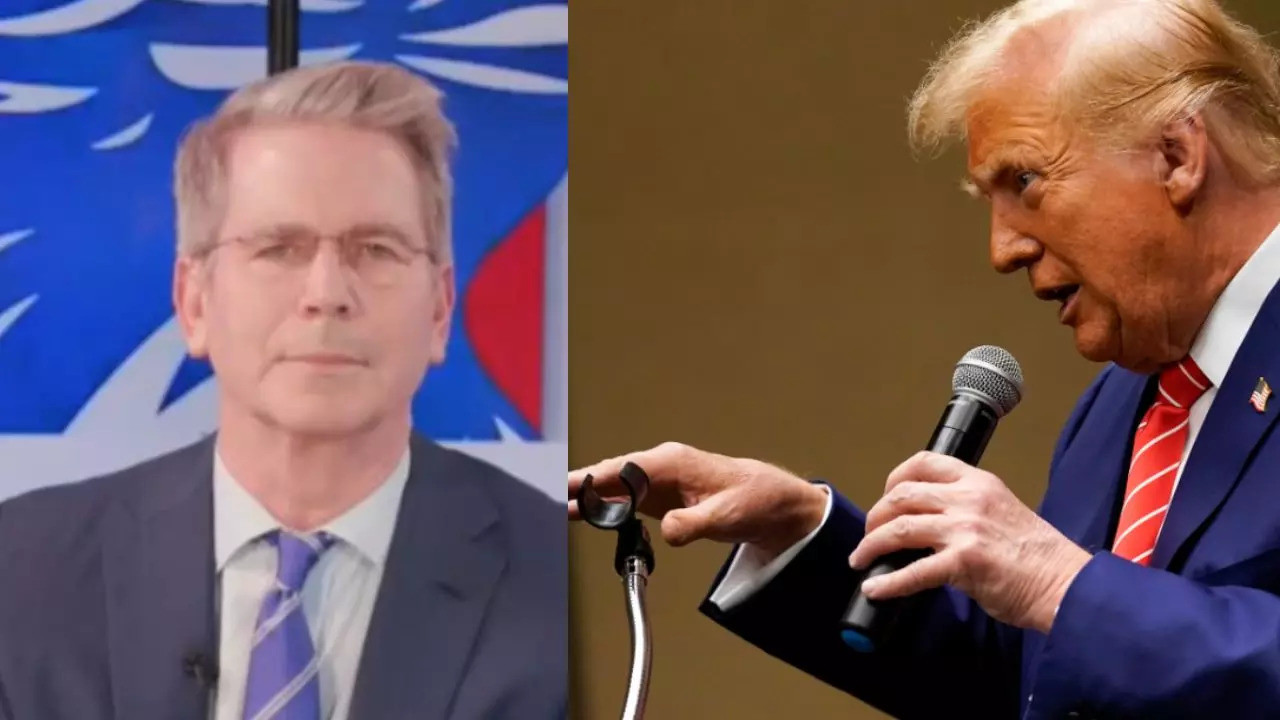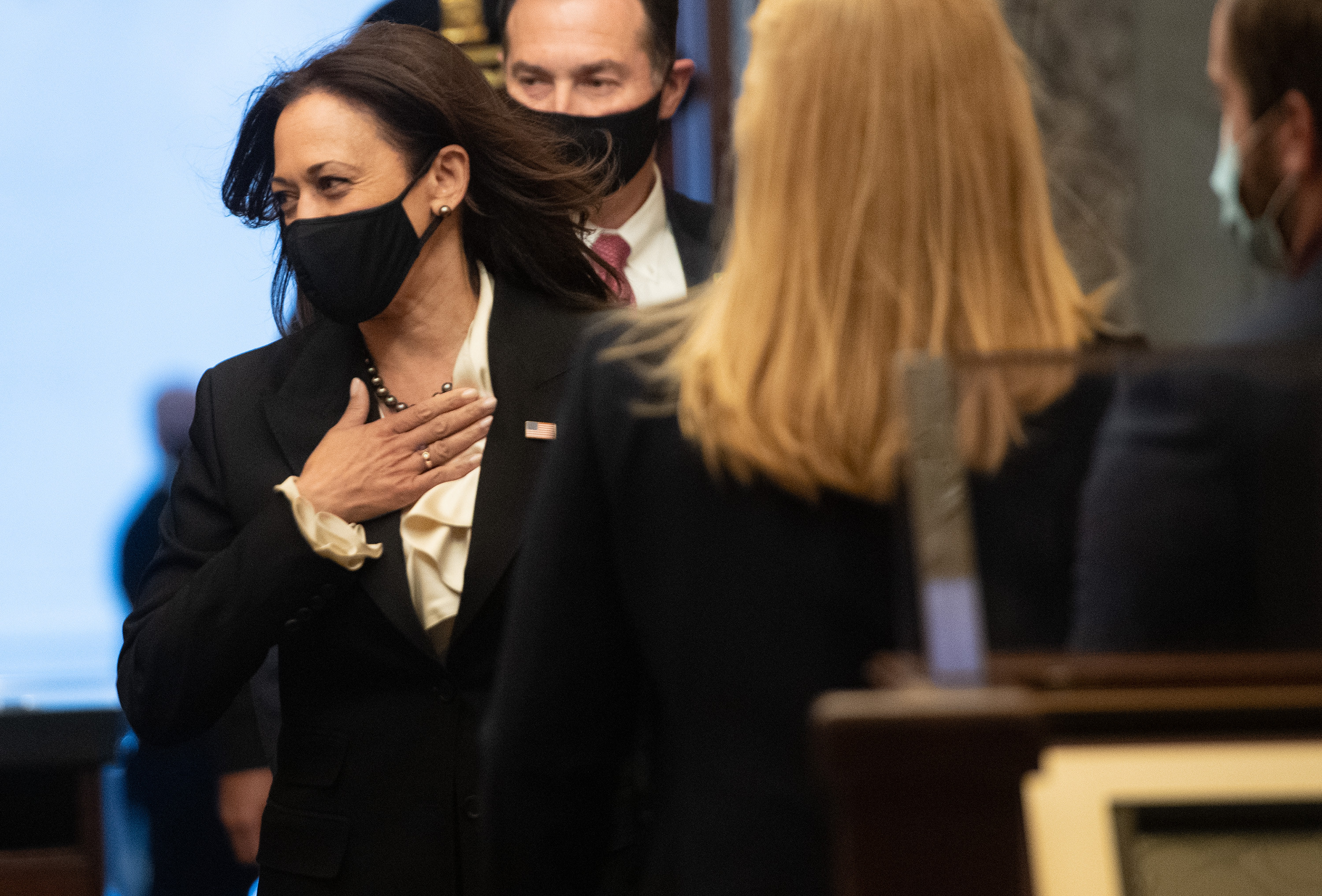Trump's Nomination of Scott Bessent: A Deep Dive into the Controversial Treasury Secretary Pick
President-elect Donald Trump's recent nomination of Scott Bessent as the next Treasury Secretary has ignited a firestorm of debate and speculation across the political spectrum. Bessent, the founder and CEO of Key Square Group, a global macro investment firm, brings a unique blend of experience and controversial viewpoints to the table, raising significant questions about the future direction of the US economy.
Bessent's Background and Financial Expertise
Before founding Key Square, Bessent had an extensive career in the financial world. He spent years at Soros Fund Management (SFM), starting as a partner and eventually heading the London office. This experience gives him a deep understanding of global financial markets and investment strategies. His tenure included involvement in pivotal events like the 1992 bet against the pound which resulted in enormous profits. Moreover, his time at Yale University further broadened his knowledge base. This rich background, however, is interwoven with political affiliations that don't easily align with a traditional Republican Party platform. His early involvement in Democratic causes and contributions to Al Gore's presidential campaign illustrates his prior political leanings.
Key Square Group and Macro Investing
Key Square Group's focus on macro investing, which uses geopolitical and macroeconomic information to guide its approach, highlights Bessent's keen awareness of global economic trends and risks. This unique perspective could influence his policies as Treasury Secretary and how he navigates issues impacting international finance, trade, and cooperation between different nations.
Bessent's Economic Policies and Views
Bessent has publicly advocated for economic policies that align with some, but not all, core tenets of the Republican party. He's a proponent of lower taxes and spending restraint, while also expressing support for Trump’s use of tariffs in trade negotiations. In the past, he suggested a three-point plan for Trump, encompassing 3% economic growth, a reduction in the deficit to 3% of U.S. gross domestic product, and a boost in domestic energy production by 3 million barrels of oil per day. This aggressive economic strategy is ambitious but may present unique challenges in implementation.
Controversial Stances on Immigration and Cryptocurrencies
However, some of Bessent's viewpoints have drawn significant criticism and stirred controversy. His support for mass deportations of illegal immigrants, based on cost-benefit analyses, has sparked strong opposition from immigration rights groups. His perspective on cryptocurrencies and digital assets regulation also suggests potential shifts in regulatory approaches, aligning with the previous administration's stance on this relatively new sector of the market. While his view on crypto-regulation has been supportive of reduced regulation, this might invite discussions on the potential risks and needs for greater regulatory oversight in this field.
The Role of the Treasury Secretary and Senate Confirmation
The Treasury Secretary plays a pivotal role in the president's economic agenda, negotiating with Congress on tax and spending matters, dealing with foreign governments and financial institutions, and overseeing the Treasury Department's operations, including the IRS. Bessent's confirmation by the Senate, however, will be crucial. The process will be facilitated by a 53-seat Republican majority in the Senate, paving the way for a smoother path to confirmation. This will necessitate the Senate Finance Committee to hold a confirmation hearing before advancing it to a confirmation vote in the Senate. It is notable that Senate committees frequently hold confirmation hearings for incoming presidential administration appointees before Inauguration Day to facilitate confirmation on the president's first day in office.
Trump's Broader Cabinet Appointments and Economic Agenda
Trump's other recent nominations, such as Russ Vought for OMB Director, Lori Chavez-DeRemer for Labor Secretary, and others for health and national security positions, paint a more complete picture of his envisioned administration and economic agenda. The diverse perspectives of these appointees, while potentially presenting internal conflicts in policy, also hint at a multifaceted approach to governing. These decisions reflect Trump’s attempt to strike a balance between competing economic views. The nomination of Russ Vought, for example, a figure known for conservative stances, illustrates a potential tension with Bessent's more moderate approach, which will likely define economic debates in the coming years.
Potential Economic Challenges and Opportunities
Bessent’s nomination comes at a critical juncture for the US economy. The national debt has soared in recent years, exceeding $35 trillion, and the ongoing impacts of inflation and other factors further complicate the economic landscape. His fiscal conservatism and approach to deficit reduction will need to address these challenges head-on, which might prove to be a momentous task that will require political acumen and fiscal pragmatism. While opportunities exist for economic growth and innovation, the need for a balanced approach is undeniable. This will ensure that both short-term objectives and long-term sustainability are taken into consideration in the formulation of economic policies.
The Future of American Finance Under Bessent
The appointment of Scott Bessent as Treasury Secretary marks a significant turning point in the economic direction of the United States. His experience and unique perspectives will shape the nation’s economic trajectory. Whether he will be successful in guiding the U.S. towards a “Golden Age” of economic prosperity or will encounter roadblocks in implementing his economic plans remains to be seen. Only time will reveal whether his ambitious vision translates into concrete results and lasting economic success.
Only time will tell how these decisions will shape the future of the US economy. The coming months will be crucial in observing how Bessent navigates the complexities of his role and whether he will achieve the ambitious goals he has set for the nation’s financial future. This will include monitoring how he manages the considerable national debt, addresses inflation, and navigates ongoing global economic uncertainties.


















